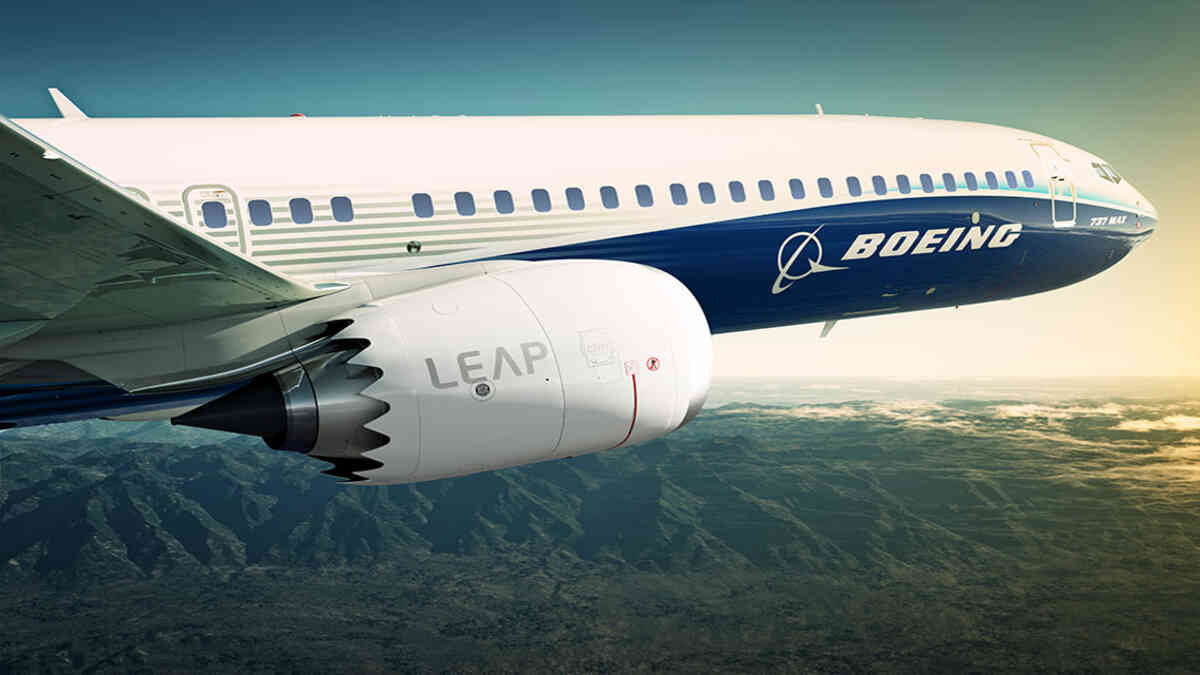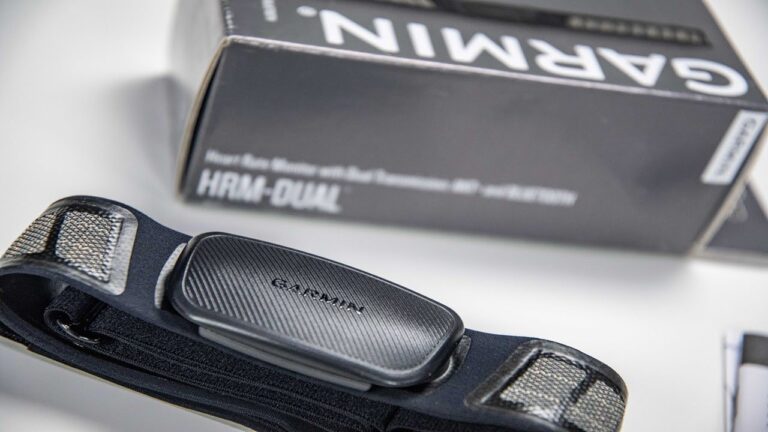Whistleblower Accuses Flaws in Manufacturing of Boeing’s 787 planes
Richard Cuevas, a whistleblower has claimed that the Boeing 787 Dreamliner’s critical components were improperly built.

Boeing, one of the biggest aerospace manufacturers in the world, has become the target of critics and the safety investigative authorities, FAA thanks to a whistleblower.
Richard Cuevas, a mechanic with Strom, a contractor for Boeing’s manufacturing partner Spirit Aerosystems, claimed earlier this week that the Boeing 787 Dreamliner’s critical components were improperly built. If he’s right, this could be very bad for passengers and crew.
A Whistleblower, Richard Cuevas Accuses Flaws in the Manufacturing of Boeing’s 787 planes
Richard Cuevas made several allegations, and they were alarming on several counts.
First and foremost, he was concerned about improperly drilling holes in the forward pressure bulkheads of the 787 Dreamliners at Spirit Aerosystems’ facility in Wichita, Kansas. According to Cuevas, these bulkheads, which are important for keeping the airplane strong, were not made properly. He reported these concerns in October 2023, but, sadly, he lost his job a few months later.
In response to these claims, Boeing said that it had already looked into Cuevas’s claims and found no safety problems. According to the officials, the company is committed to dealing with any safety-related issues thoroughly. Despite this, Cuevas is still sure about the problems he saw. He says they could lead to serious safety risks. Also, he reported that the workers were drilling holes bigger than they were supposed to, to remove extra paint and speed up the process, which would have seriously weakened the airplane.
The gravity of Cuevas’s allegations cannot be understated as he claims that the gaps he witnessed in the forward pressure bulkheads could lead to catastrophic failures. He detailed that the deviations from specifications were not isolated incidents, and at least ten to twelve planes were affected.
Moreover, Cuevas’s concerns are particularly distressing as they suggest issues with planes that are currently in production or have already been delivered to Boeing.
FAA Actions and Other Reports against Boeing’s Safety Measures
The Federal Aviation Administration (FAA) has acknowledged Cuevas’s claims as it is their job to investigate all safety concerns reported to them.
Furthermore, the FAA reported having received numerous whistleblower complaints regarding Boeing. That means these issues are not isolated, as similar concerns have been raised in the past, which does not paint a pretty picture for the aerospace manufacturer.
For instance, another whistleblower, Sam Salehpour, a Boeing engineer, had reported gaps in the 787 and 777 aircraft. This led to a temporary halt in Dreamliner deliveries for nearly two years starting in 2021. Moreover, the situation reached a tipping point when a door plug blew off a 737 Max shortly after takeoff, which was a significant safety lapse.

The list of safety and quality control issues doesn’t end here, as more recently, another Boeing employee accused the company of concealing broken or out-of-specification parts from regulators. This has raised concerns about such parts being installed on planes currently in service.
These repeated incidents have triggered multiple investigations by the FAA and the US Department of Justice. Apparently, these agencies are considering criminal charges against Boeing for its persistent quality and safety failures. Also, a recent six-week audit of Boeing’s facilities revealed multiple production problems. A disconnect between management and employees and a culture of fear among employees regarding retaliation for reporting safety issues seem to go side-by-side at Boeing.
Boeing’s CEO, Dave Calhoun, addressed these concerns in a testimony before a Senate committee. He apologized for the company’s recent safety failures. However, he refuted claims of retaliation against whistleblowers. Calhoun acknowledged that Boeing is “far from perfect” and conceded that regaining public trust will be a challenging task.
In summary, the recurrence of such allegations in this space of time points to systemic issues within Boeing’s manufacturing and safety oversight processes. The company’s response to these allegations with transparency is crucial in restoring confidence among passengers and regulatory bodies.
Boeing’s safety record has already been marred by the two fatal crashes of its 737 Max planes, which resulted in a global grounding of the fleet. Now, the new allegations, if proven true, could further tarnish the company’s reputation, not to mention the severe legal and financial repercussions.
However, the implications of these whistleblower reports extend beyond Boeing. Rigorous safety standards and transparent reporting mechanisms within the aerospace industry are essential. Air travel is a cornerstone of global connectivity, hence, it goes without saying, that ensuring the safety and reliability of aircraft is paramount.





